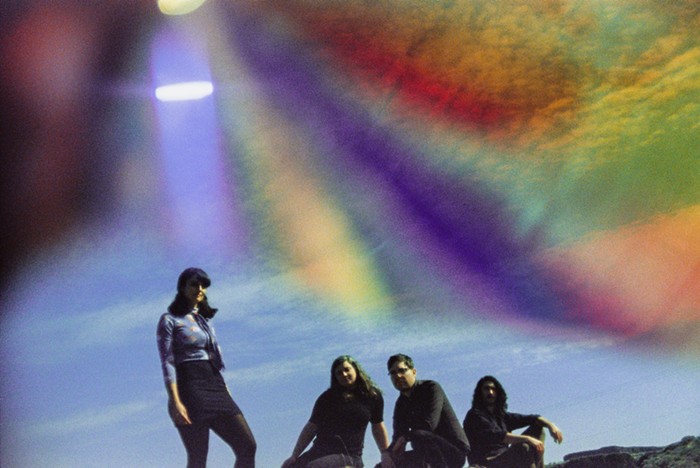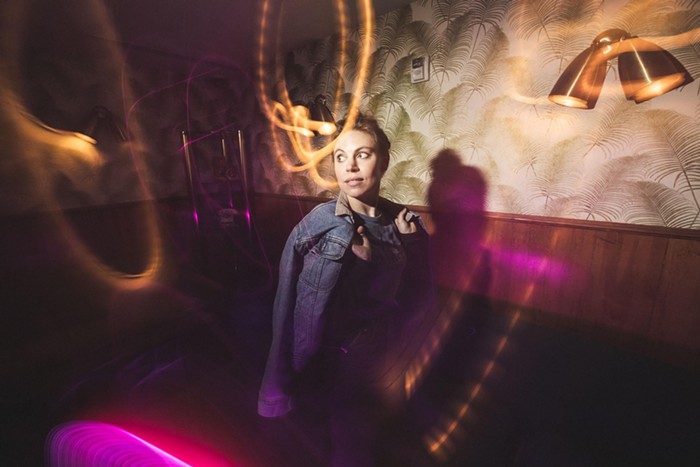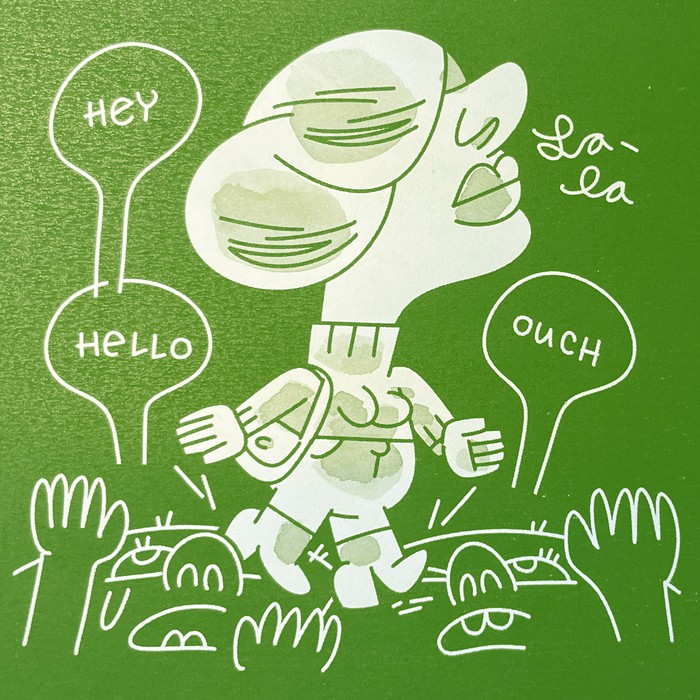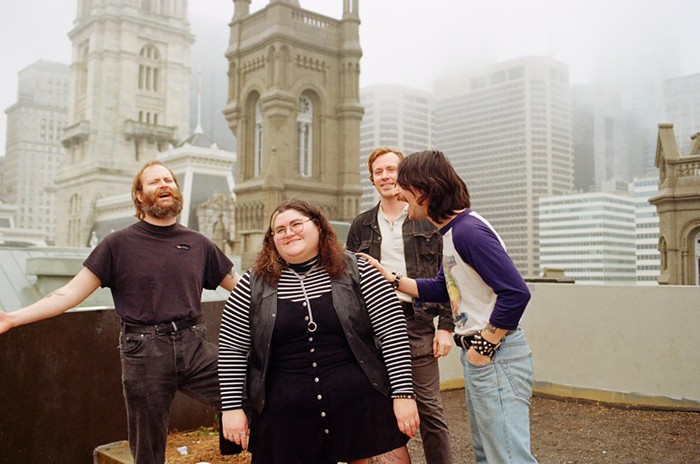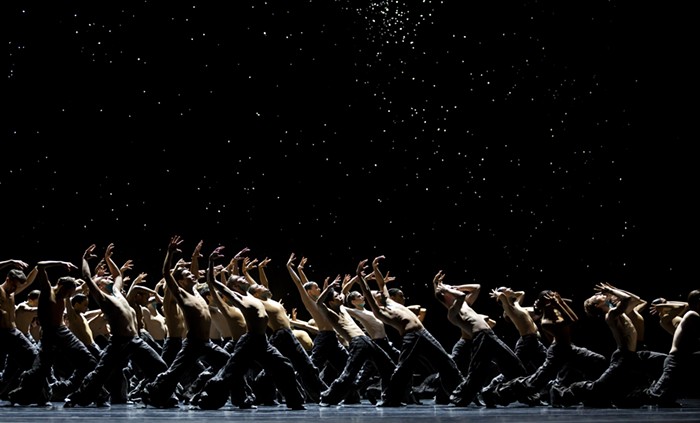Earlier this month, Business Insider reported that Amazon's Just Walk Out technology was not run by robots, but by the eyes of "1,000 workers in India who review what you pick up, set down, and walk out of its stores with." And so what looked like a new trick was in fact old hat. The work of American cashiers and attendants (a high-income society) had simply been, like service-related jobs, offshored to India (a low-income society). And this transference of services from one economic zone to another is only about one thing: wage arbitrage.
The Seattle-based heterodox economist Alan Harvey put it this way in his excellent little book Demand Side Economics: Demand Side Minds.
Explicit in the new globalization is the free flow of capital and the opening and integration of markets. And while "trade" denotes an exchange, the current phenomenon is one of arbitrage of labor, regulation, currencies and financial instruments. Arbitrage is taking advantage of the price differences between two or more markets.
Amazon recently admitted that it does use humans in this technology, but only to train AI. In the near future, the tech corporation promises, humans will be completely replaced by robots. Nevertheless, Amazon is removing the Just Walk Out technology from its Amazon Fresh stores and replacing it with the Dash Cart, which is, in essence, a modification of the self-checkout kiosks found in most grocery stores. (Self-checkout, like the Dash Cart, transfers the paid labor of a cashier to the unpaid labor of a shopper—an extreme form of wage arbitrage.)
Continue reading »


